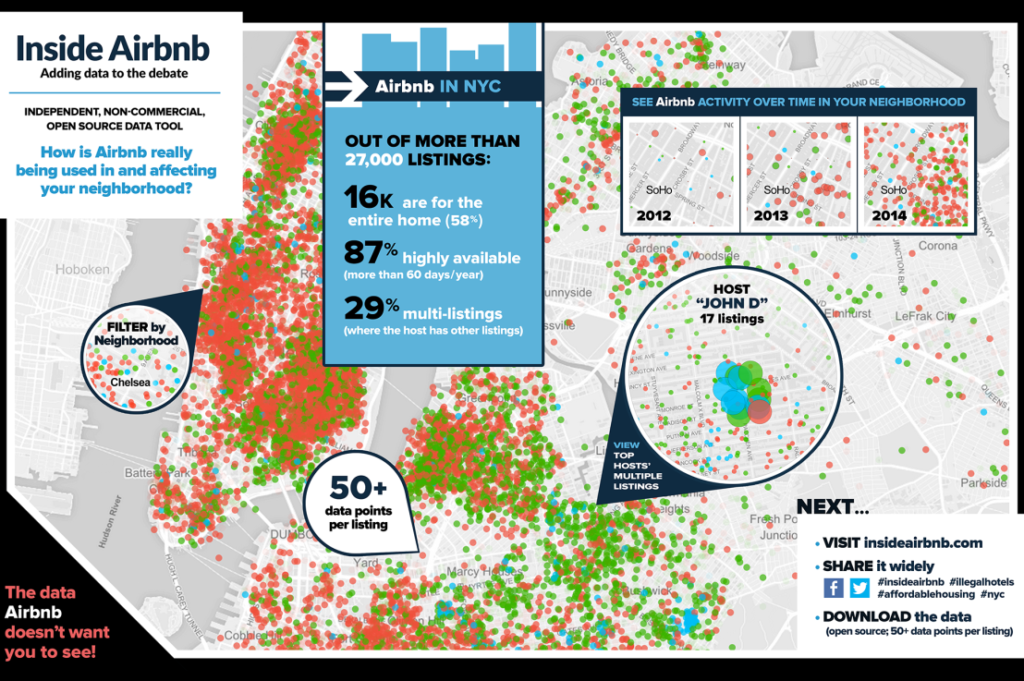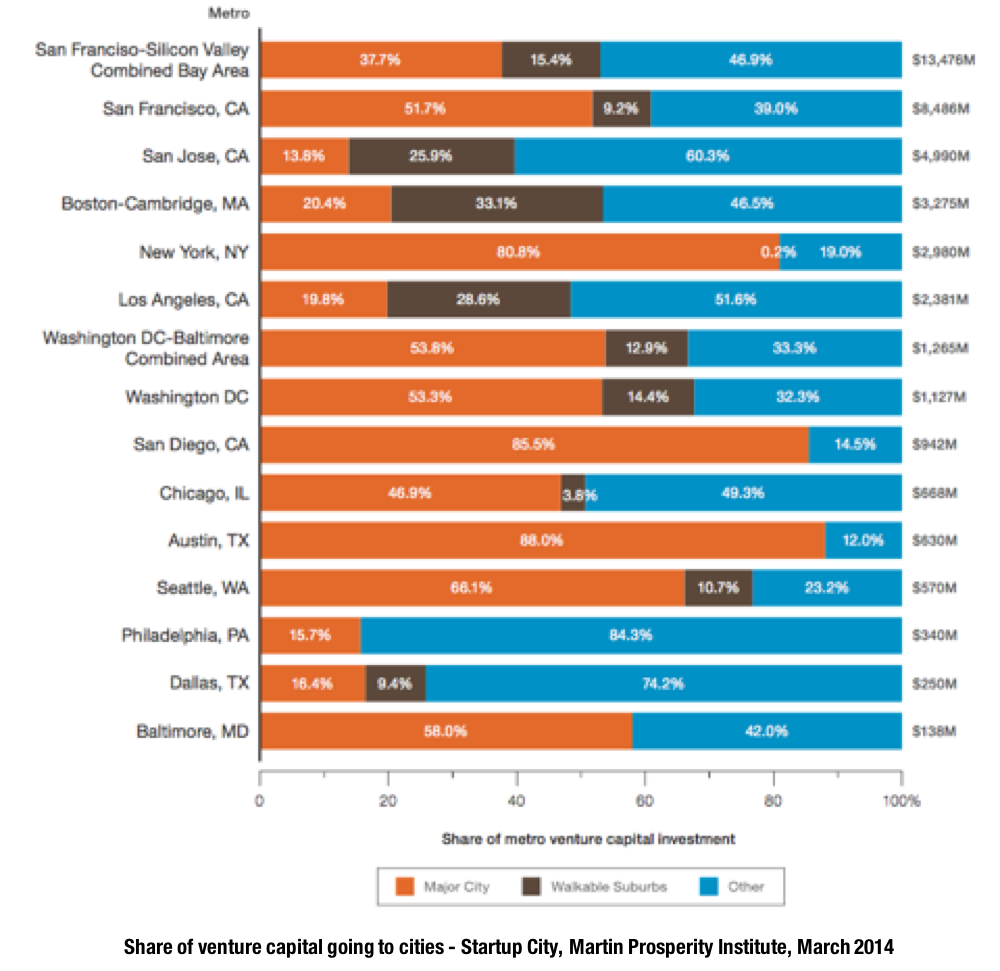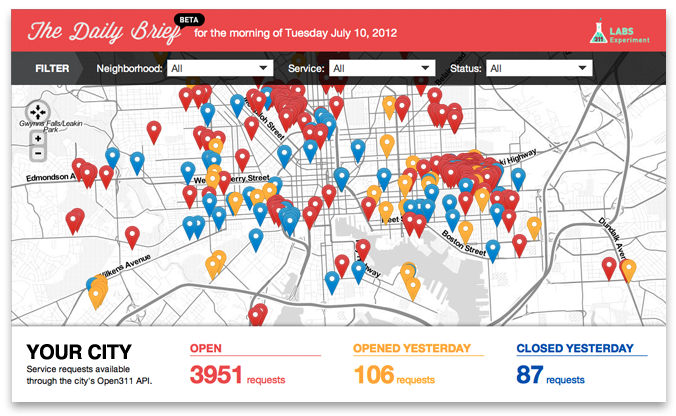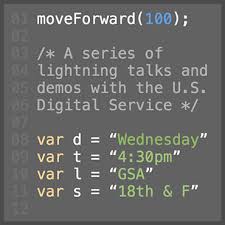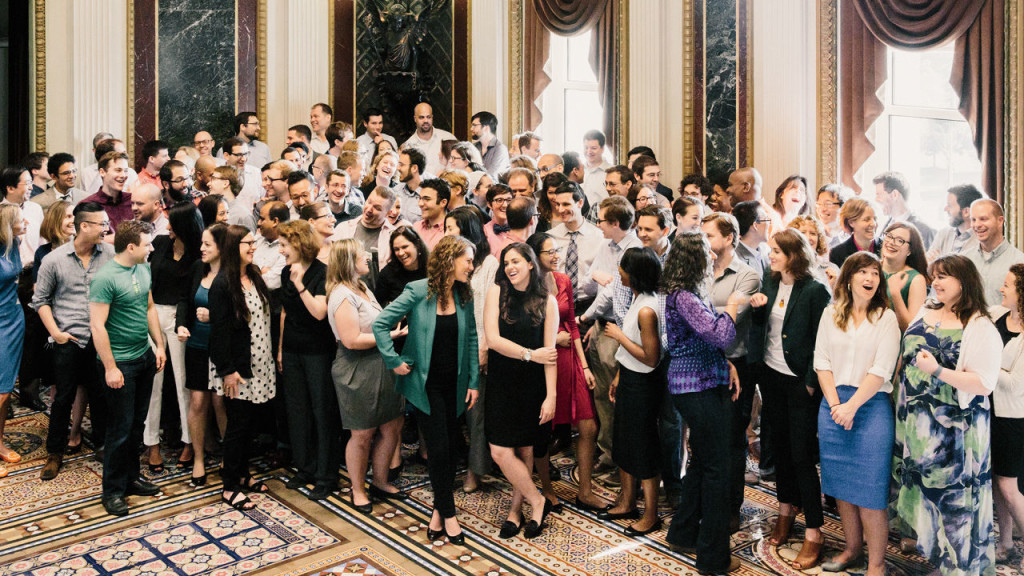
La gig economy es esta transformación del trabajo que nos está cayendo encima en la que nos convertimos en freelances que trabajan por proyectos en vez de estar en empresas. Como tantas otras, tiene un mucho de inesperado y ha pillado a muchas de nuestras organizaciones con el pie cambiado.
Ahora la tecnología permite de una manera sencilla encargar y supervisar tareas sin necesidad de integrar a todos los actores en la organización. La razón por la que las organizaciones existen, argumentaba R. Coase allá por los años 30, es los costes de transacción. Si es más caro organizar un trabajo en el mercado – a través de freelances- que el valor añadido que aporta, entonces es mejor integrarlo dentro de la organización donde los “costes de transacción” son casi cero y por eso existen las organizaciones.
Pasa que ahora, mediante internet, los costes de transacción son extraordinariamente bajos, todo a un mail de distancia. Las consecuencias las vivimos cada día, las fronteras de las organizaciones se disuelven, cada día tenemos y tendremos más “autónomos”, pequeñas empresas, … y muchas de las labores de coordinación que antes realizaban personas se han trasladado a plataformas electrónicas. Es la gig economy.
Es una economía de oferta, de abundancia de la oferta, donde todo va muy deprisa y el trabajo se caracteriza más por una sucesión de proyectos más bien cortos que por “hacerse un hueco” en una organización.
Con ella muchos conceptos están cambiando de significado: tener trabajo, triunfar, sobrevivir, tener éxito, … ni se visualizan igual ni tan siquiera tienen el mismo significado.
A diferencia de otros cambios, la gig economy, afecta o va a afectar no ya a la periferia o a los gadgets sino a nosotros mismos como profesionales, a nuestro trabajo y a nuestra capacidad de generar y capturar valor con lo que hacemos.
Si piensas que no te va afectar, déjame desanimarte: ¡te va a afectar! … de una manera u otra.
¿Qué piensas hacer? ¿Cómo vas a afrontar esos cambios?
 Si algo nos diferencia como especie, es nuestra capacidad para construir herramientas, nada hay más humano. Estas herramientas nos han permitido aumentar nuestras capacidades, haciendo no sólo más de lo que podíamos hacer sino cosas de las que no éramos capaces.
Si algo nos diferencia como especie, es nuestra capacidad para construir herramientas, nada hay más humano. Estas herramientas nos han permitido aumentar nuestras capacidades, haciendo no sólo más de lo que podíamos hacer sino cosas de las que no éramos capaces.
